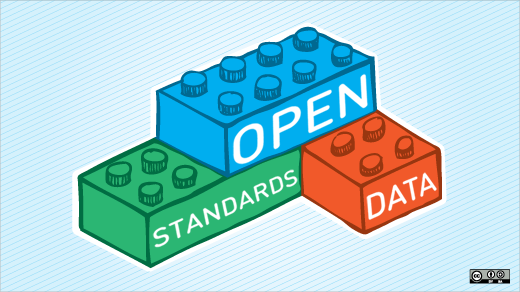Reducing the Barriers for Data Driven Policy Decisions: Examining the Role of Standardized Open Data in Empowering the Global South
Date: March 28, 2018
Location: Mexico City, Mexico

Donor-funded education interventions are quite common in developing countries that use rigorous evaluation designs to empirically assess the effectiveness of the treatment. However, the data collected and analyzed to assess the intervention are not always published.
Even when published, the data often lack relevant documentation, technical guidance on how to correctly use the data, and may be in a proprietary format. Such barriers reduce the overall quality of the data making it very difficult to be used for secondary analysis to inform programmatic and policy decisions.
At the March 25-29 Comparative and International Education Society (CIES 2018) conference, Optimal’s Sadaf Asrar and Mark Turner will be presenting a paper on lessons learned from the 2011-2015 USAID Education Strategy focused on a methodological framework for creating, curating, and publishing standardized public use assessment data and meta-data. The paper presents the relative costs and benefits of generate the items for the public use data throughout the life cycle of the intervention and evaluation as opposed to post-intervention. The paper highlights how this methodological framework itself can serve as a learning platform for the on-going intervention as well as improve the quality and timeliness of evaluations.
An example of Optimal’s framework using USAID’s All Children Reading program see www.USAIDEducationData.Org.
